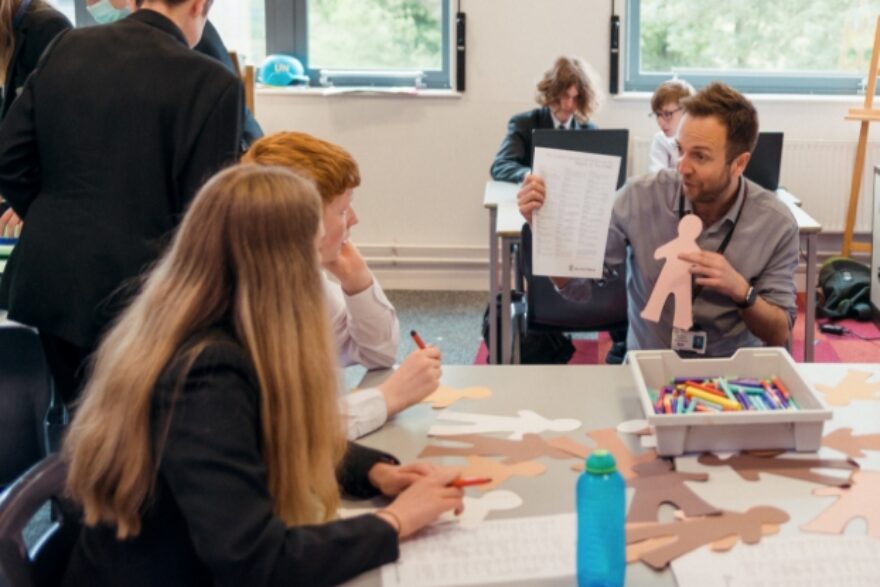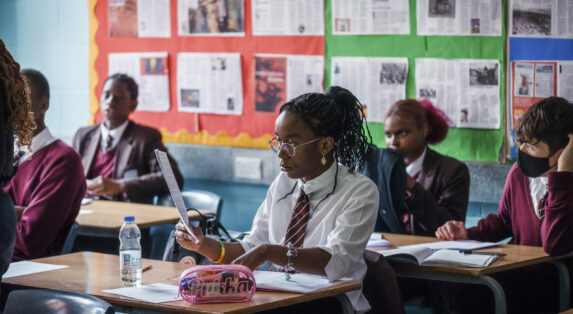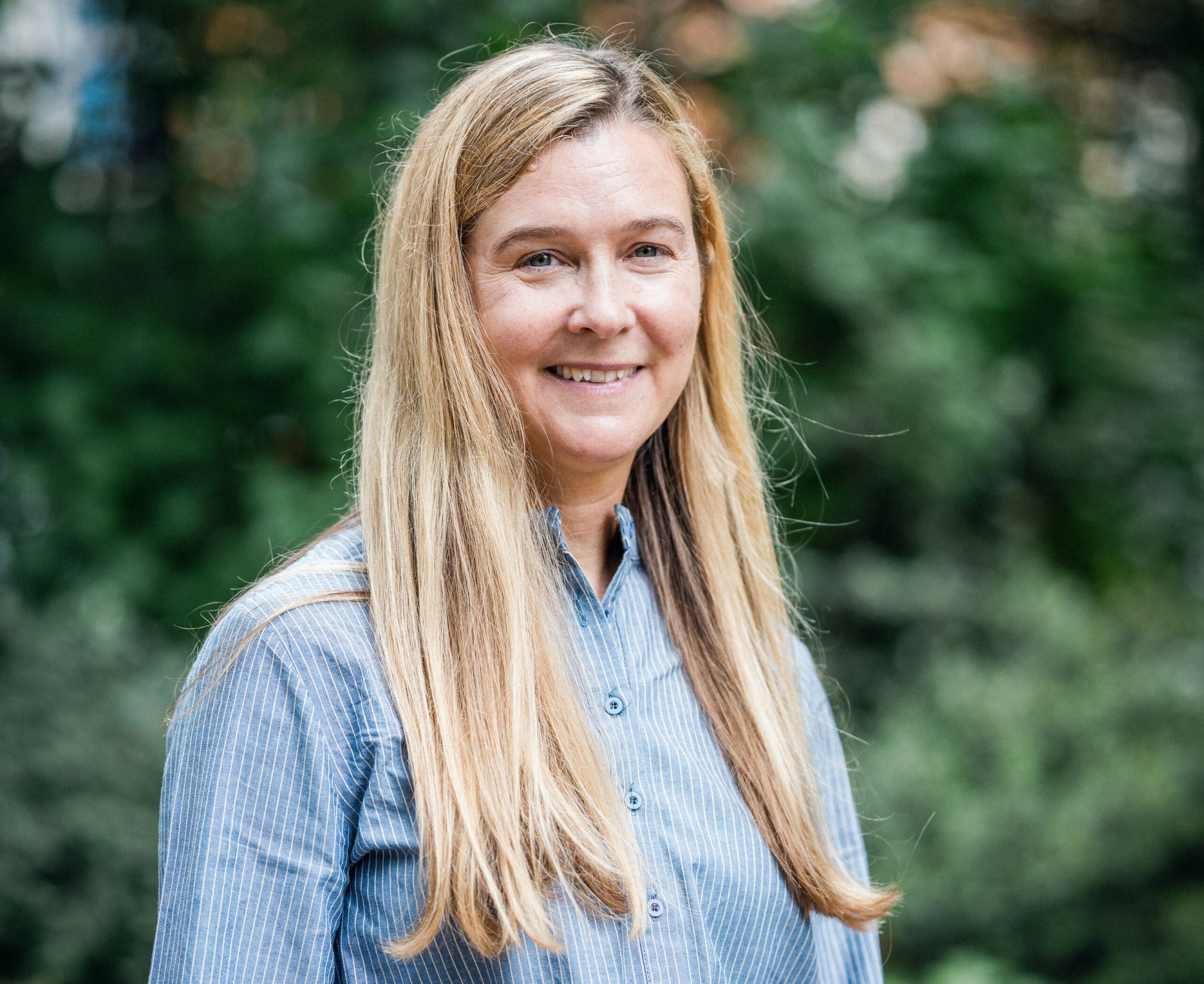
Teaching resources
Use the search function to explore lesson support materials, training and policy documents
Featured Resources
Awareness day calendar
View valuable resources and information for national awareness days throughout the year.

Become a member
To access our complete package of teaching and learning resources, become an Organisation member, and receive:
- Teaching resources – This includes guidance to support the national curriculum for citizenship and resources for every key stage, from primary to post-16.
- KS4 Core Curriculum- A complete set of lesson plans, slides and resources for year 10 and 11.
- One to one member support – Available from our advisory teachers and ACT Ambassador teachers.
- ACT journal ‘Teaching Citizenship’ – ACT’s journal has in-depth features, news and resources for all those involved with citizenship education.



